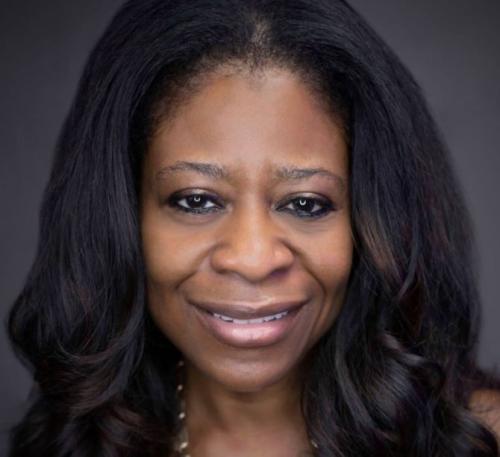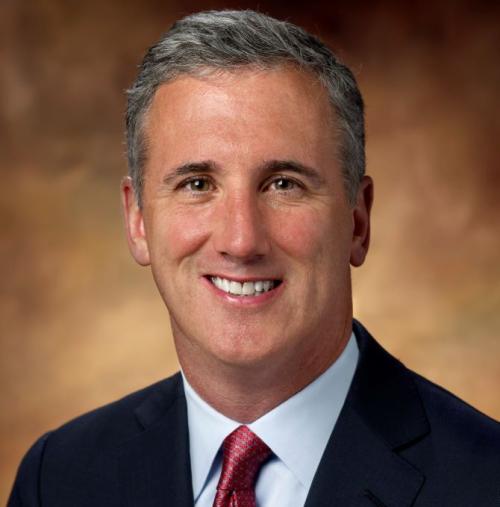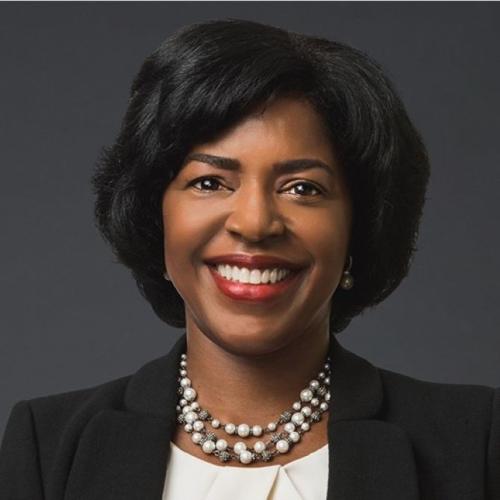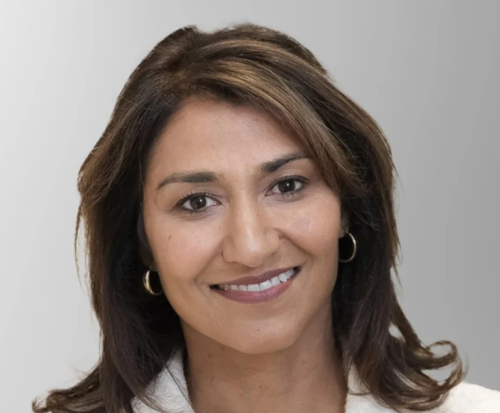Intel wins award for Best CSR Disclosure
Two factors that convinced the judges Intel deserved to be honored for its CSR disclosures were the company’s more than decade-long commitment to sustainability reporting and the fact that it was the only nominee to seek assurance of its CSR disclosure from an independent third-party auditor. ‘In its conflict minerals report, Intel was the only company that got the report audited,’ one of the judges noted. ‘It’s seen as a leader on that. It doesn’t just rely on itself.’
When Intel decided it wanted to go through an assurance process, it sent a request for proposal to a couple of the big four accounting firms, as well as some of the smaller, more niche sustainability assurance companies.
‘We ended up selecting Ernst & Young for a couple of different reasons,’ says Linda Qian, Intel’s CSR communications manager. ‘It’s a very reputable company, and it’s our financial auditor. That means it’s familiar with our corporate culture already – our business organization and our practices – and is comfortable with sensitive information, so we have overlap with our financial accounting auditors.’
Intel looks to Ernst & Young as ‘the expert in sustainability reporting and assurance, and it keeps us up to date on key trends and things that are on the horizon – like [the evolving Sustainability Accounting Standards Board] or integrated reporting,’ Qian says.
The benefit of incorporating some of the tenets of the International Integrated Reporting Council’s advice into Intel’s sustainability report, such as in a section called ‘Our business and integrated value approach’ near the beginning of the report, is to provide greater alignment of sustainability and financial information, which is very important to the company’s stakeholders, says Qian.
Part of the CSR report outlines a list of sustainability challenges and opportunities that Intel has identified, highlighting those that have a high impact on Intel’s business and are the highest priority to address. ‘It’s not as if [CSR is] a problem you can solve,’ Qian explains. ‘It requires an ongoing commitment.’
The report also includes issues of critical importance to certain stakeholders that don’t have as high a potential impact on the company’s business but which Intel still sees the need to deal with. Qian cites conflict minerals as an example: ‘The conflict minerals issue was brought to our attention by some non-profit organizations five or six years ago, and our CEO, who was chief operating officer at the time, said, This is not cool and it’s not something I want in my supply chain. From there it was a real top-down approach.’
Another sustainability goal cited in the report is to conduct a targeted human rights impact assessment for the company’s software business; certain parts of this are already near completion.








